Artificial Intelligence (AI) is reshaping the music industry, from composition and production to performance and personalization. As AI technologies evolve, they offer new tools for creativity, collaboration, and listener engagement—redefining how music is made and experienced.
What is AI in Music?
AI in music refers to the use of machine learning algorithms and neural networks to compose, generate, analyze, or interact with music. These systems can imitate styles, compose original scores, remix audio, and even assist in live performances—ushering in a new era of musical possibilities.
Key Innovations in AI and Music
AI-Powered Music Composition
AI tools like AIVA, Amper Music, and MuseNet can compose original pieces in various genres and styles. These platforms allow musicians, game developers, and filmmakers to generate royalty-free tracks tailored to specific moods or themes with just a few inputs.
Voice Synthesis and Vocal Cloning
AI can now replicate human voices with impressive accuracy. Tools like OpenAI’s Jukebox and Vocaloid use deep learning to synthesize vocals, enabling producers to create songs with realistic AI-generated voices or clone existing ones for new performances.
Real-Time Music Generation and Improvisation
AI systems are increasingly being used in live settings to generate music in real-time. AI improvisation tools can respond to human musicians during performances, creating an interactive musical dialogue between human and machine.
Personalized Music Recommendations
Streaming platforms like Spotify and YouTube Music use AI algorithms to analyze listening habits and preferences, curating personalized playlists and discovering new music tailored to each user’s taste. This enhances user engagement and broadens exposure for artists.
Music Restoration and Remastering
AI is being used to clean up old recordings, remove noise, and remaster vintage tracks with high fidelity. This helps preserve musical heritage and bring classic audio into modern listening standards.
Emotion Recognition and Adaptive Soundtracks
AI can analyze listener mood and environmental cues to adapt music in real-time—such as in video games or fitness apps—creating responsive soundtracks that enhance the user’s emotional or physical experience.
Challenges and Considerations
While AI brings innovation, it also presents important concerns:
- Creativity vs. Automation: Critics worry that reliance on AI might dilute the authenticity and emotional expression in music.
- Intellectual Property: Who owns music generated by AI—especially when trained on copyrighted material—is a growing legal debate.
- Ethical Concerns: Vocal cloning and deepfake music raise ethical issues around consent, imitation, and misuse.
Conclusion
AI is opening powerful new pathways in music creation, performance, and distribution. From composing entire albums to personalizing listener experiences, AI’s role in music is rapidly expanding. However, with innovation comes responsibility—artists, developers, and audiences must work together to ensure that AI enhances human creativity rather than replacing it.


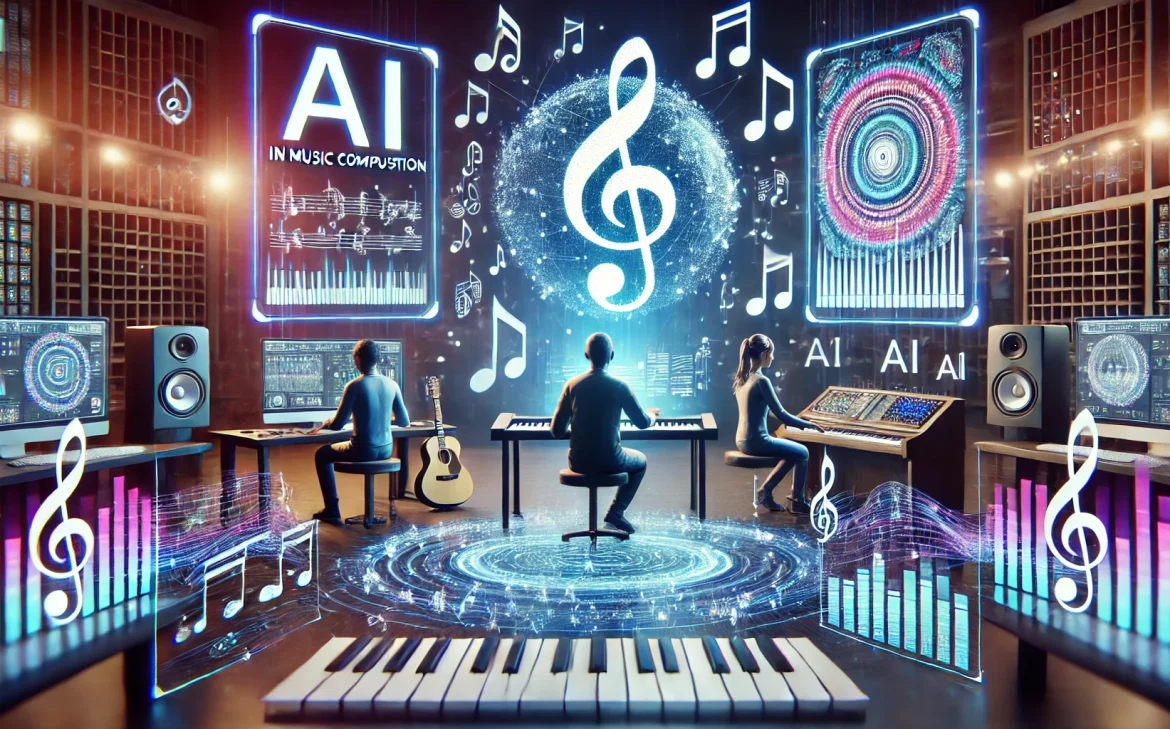
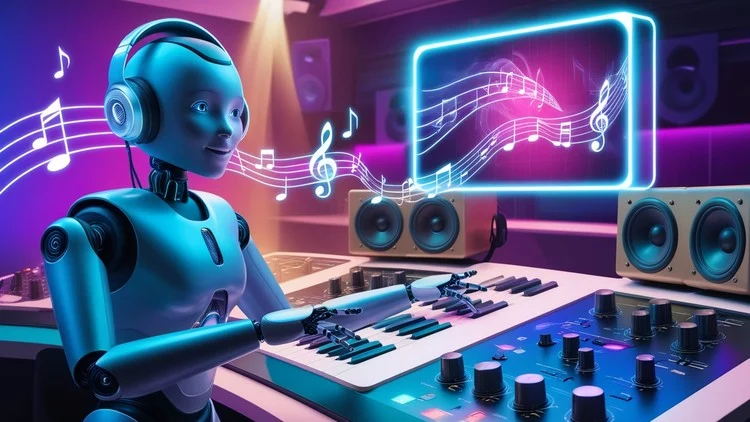
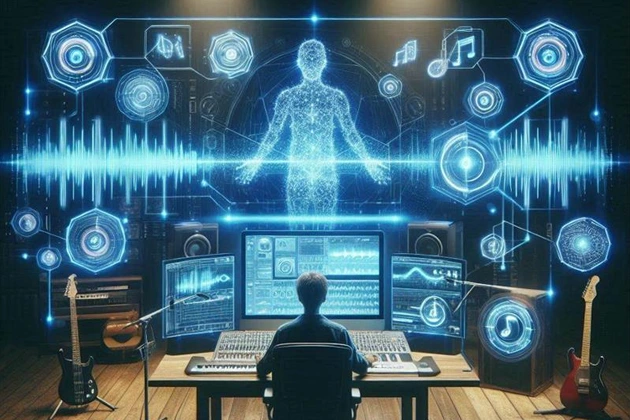
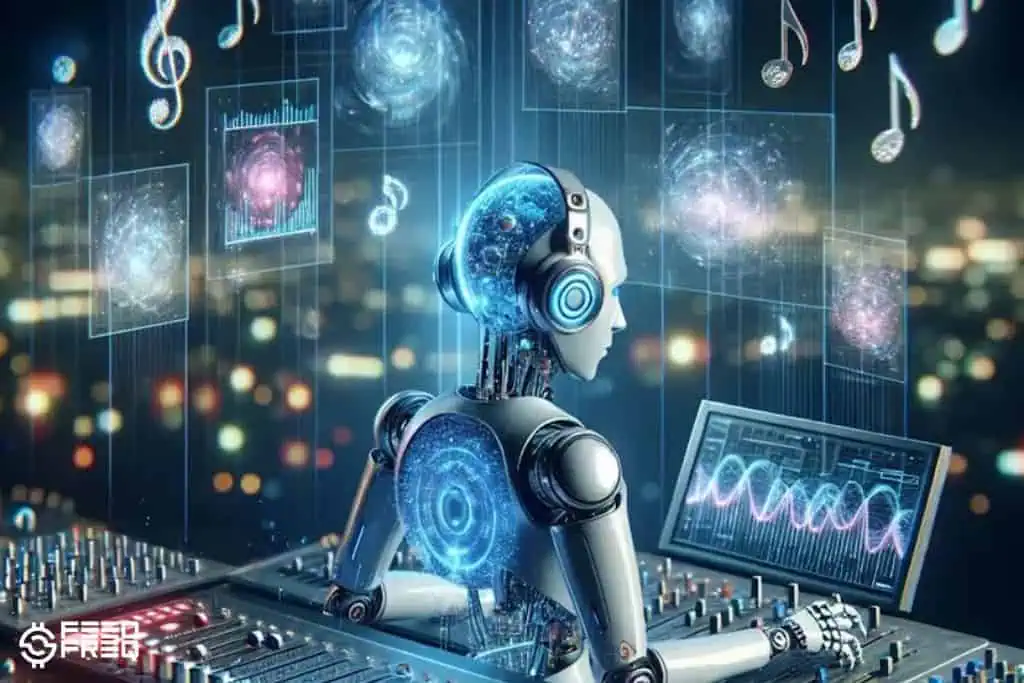
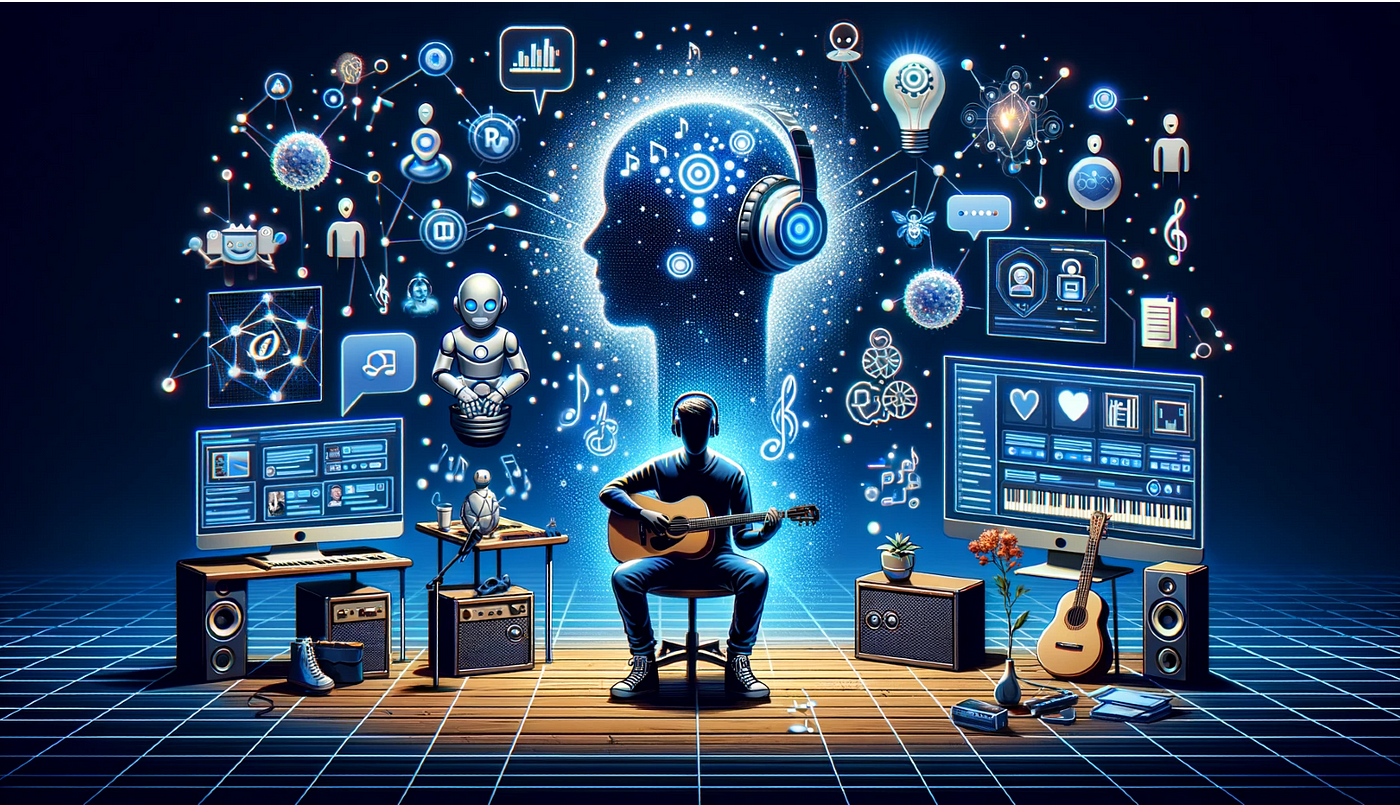
Leave feedback about this